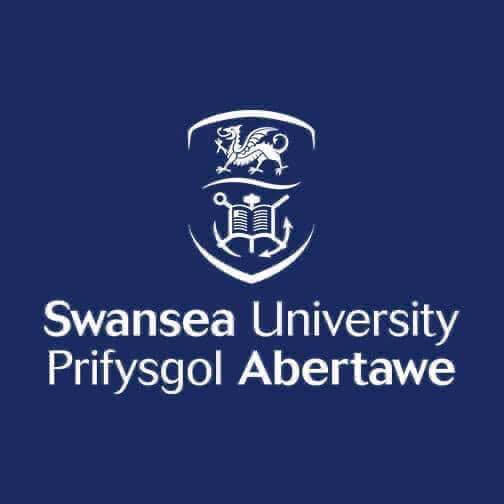fees waived
Theoretical Physics, BSc (Hons), with industry placement
Swansea University, United Kingdom
Ranking in UK
Physics
Physics and Astronomy
Physics and Astronomy
Costs
food & rent S$17.1K / year
Entry requirements
Scholarships
Limited quantity
Limited quantity
Limited quantity
Information
Code
Code
Intakes
Website (External)
Programmes
Information
Duration
2029
Physics is a captivating discipline that addresses fundamental questions about the universe, from subatomic particles to cosmic expanses. Graduates find opportunities in sectors such as academia, government research, aerospace, energy, engineering, and telecommunications, with many transitioning to fields like IT, finance, or environmental consulting. At Swansea, our degrees draw on pioneering research, including anti-matter trapping, and are delivered in a vibrant, research-driven environment. Located on a stunning seafront campus near the Gower Peninsula, students explore flexible modules in areas like quantum mechanics, astrophysics, and climate physics, supported by state-of-the-art facilities including advanced microscopy and computing systems.All programs are accredited by the Institute of Physics, and include a paid third-year industrial placement to enhance employability. The curriculum spans dynamics, quantum theory, and particle physics across four years, with assessments involving problem-solving, lab reports, dissertations, and presentations. Notable alumni, such as Professor Lyn Evans, underscore the department's excellence, offering exceptional supervision and international opportunities like visits to CERN.
In Year 1 your modules may include Dynamics, Oscillations and Waves; Astronomy and Cosmology; Physics of Fields and Matter; Essential Skills for Physicists; the Quantum World; Mathematics for Physicists; and Laboratory Physics, which can be studied in English or Welsh. In Year 2, modules may include Statistical Physics; Physics Simulation; Quantum Mechanics; Mathematical Methods in Physics; Condensed Matter Physics; Electromagneticism and Special Relativity; Particle Physics; Introduction to Astrophysics; Probing the Nano-scale; and Laboratory Group Projects, which can be undertaken in English or Welsh. You will spend Year 3 on a paid industrial placement, putting your skills into practice and greatly enhancing your employability. In Year 4, you will study modules covering Quantum Mechanics; Atomic Physics; Condensed Matter Physics; Theoretical Physics; General Relativity; Atomic Physics and Quantum Optics; Particle Physics; Frontiers of Nuclear Physics; and Climate Physics. You will also have options to study Teaching Physics via a School Placement, and Advanced Research in Physics, both of which can be undertaken in English or Welsh.
A local representative of Swansea University in Singapore is available online to assist you with enquiries about this course.

